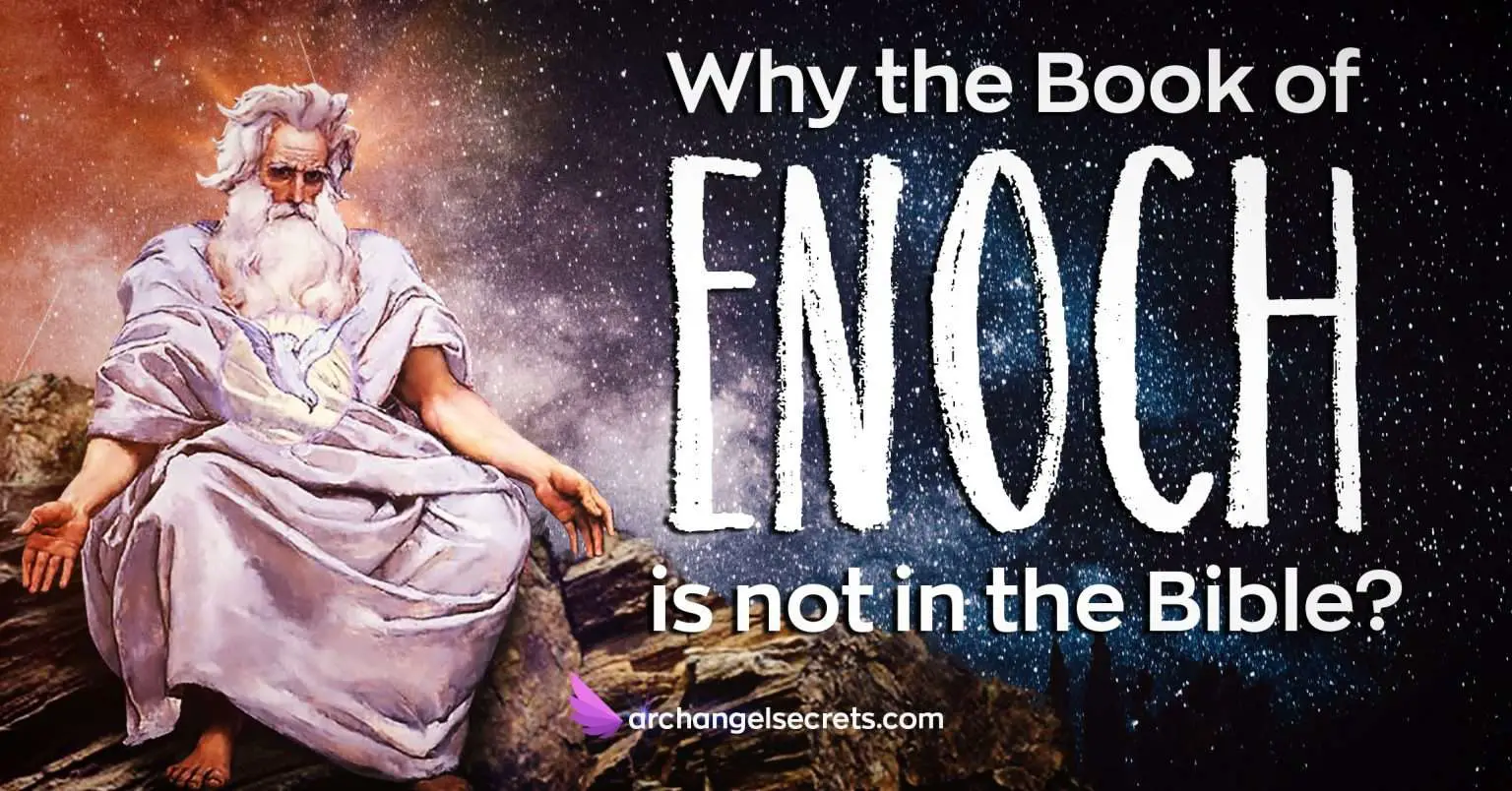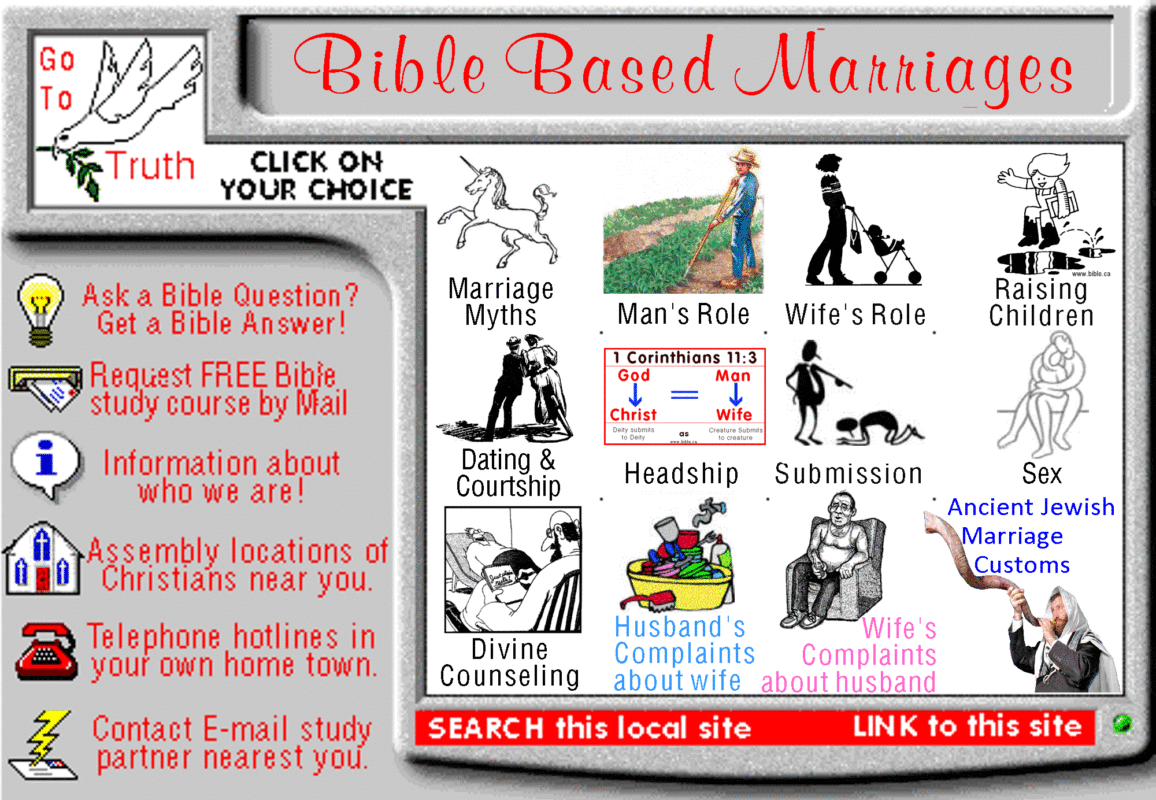The Mysterious Case of Enoch: Why Isn’t He in the Bible and Where Can You Learn More?
If you’re interested in learning more about Christianity, you might be wondering why Enoch is not in the Bible. Enoch was an important figure in biblical history, described as a righteous man who walked with God and was taken up to heaven without experiencing death. However, despite his influence, his writings are notably absent from the Bible.

In this article, we’ll examine the reasons behind Enoch’s omission from the Bible and explore the history and significance of his writings outside of it. We’ll also delve into the debates and controversies surrounding Enoch’s exclusion and provide alternative sources for learning about him and his teachings. So if you’re curious about this fascinating biblical figure, read on to learn more.
Who is Enoch, and why is he not in the Bible?
Enoch, a biblical figure from the Old Testament, is often a subject of curiosity for many Christians. Despite being mentioned several times in the Bible, his story and teachings are not included in the canonical texts. So, who is Enoch and why is he not in the Bible?

Enoch was a descendant of Adam and lived during a time when people were turning away from God. He was known for his righteousness and close relationship with God, which led to him being taken up to heaven without experiencing death. His story is told in various religious texts including the Book of Enoch, which was considered scripture by some early Christian communities.
However, as Christianity evolved into an organized religion with standardized beliefs and practices, certain texts were deemed more authoritative than others. The decision on what constituted canonized scripture was made by church leaders who considered factors such as authorship and theological consistency.
The exclusion of Enoch’s story can be attributed to such factors. While it may have been revered by some early Christian communities, it did not meet the criteria set forth by later church leaders for inclusion in the New Testament canon.
Despite this exclusion from mainstream biblical texts, Enoch’s story continues to be studied and revered by many Christians today through alternative sources such as apocryphal books or scholarly research.
Ultimately, whether one believes that Enoch should have been included in biblical canon or not does not detract from his significance as a symbol of faithfulness and devotion to God. His legacy lives on through those who seek to emulate his example of living a righteous life even amidst adversity.
The history and significance of Enoch’s writings outside of the Bible are significant.
Enoch, a patriarch from the Bible, is known for his extensive writings that have been widely circulated outside of the biblical canon. While some may question why Enoch’s writings are excluded from the Bible, their significance cannot be ignored.
Enoch’s writings offer valuable insight into early Jewish and Christian thought and provide a unique perspective on ancient religious beliefs. These texts also shed light on the origins of certain biblical stories and characters.
Enoch’s most famous work, The Book of Enoch, is estimated to have been written between 300 BCE and 100 CE. This text contains detailed descriptions of heavenly realms and angels, as well as prophecies about future events.
Despite its popularity in early Christianity, The Book of Enoch was not included in the biblical canon due to its questionable authorship and content that was deemed too fantastical for inclusion in scripture.
However, many scholars argue that these texts should still be studied for their historical significance and influence on later religious traditions. They offer a glimpse into early Christian understandings of God, humanity, sin, redemption, and eschatology.

Overall, while Enoch’s writings may not be included in the Bible itself – their impact on religious thought cannot be ignored. They remain an important part of Christian history and continue to inspire spiritual seekers today.
The debates and controversies surrounding Enoch’s exclusion from the Bible are ongoing.
The exclusion of Enoch from the Bible has been a topic of debate and controversy among scholars and theologians for centuries. While some argue that his exclusion was due to the lack of canonical evidence, others believe that it was a deliberate decision made by early Christian leaders.
Enoch was known for his prophetic visions and teachings, which were considered highly significant in Jewish and early Christian traditions. However, despite this significance, his writings did not make it into the final canon of scripture.
One possible reason for this exclusion is that Enoch’s teachings were seen as too obscure or esoteric for mainstream Christianity. Another possibility is that his writings contradicted certain doctrines or beliefs held by early Christian leaders.
Regardless of the reasons behind Enoch’s absence from the Bible, his legacy lives on through various apocryphal texts and ancient manuscripts. For those interested in learning more about Enoch and his teachings, there are many resources available online and in print.
Ultimately, whether or not one agrees with Enoch’s inclusion in the biblical canon is a matter of personal interpretation and belief. However, by exploring these debates and controversies surrounding his exclusion, we can gain a deeper understanding of both Christianity’s history as well as its ongoing evolution.
Alternative sources for learning about Enoch and his teachings.
« bible and torah similarities
how to put bible verses in an essay »
If you’re interested in learning more about Enoch and his teachings, you might be wondering why his story isn’t included in the Bible. While there are many theories as to why this is the case, there are still alternative sources you can turn to for information.
One such source is the Book of Enoch itself. Although it wasn’t included in the Bible, it was considered an important text by early Christians and Jews alike. In fact, some scholars believe that early Christian writers may have even used the Book of Enoch as a source for their own writings.
Another alternative source for learning about Enoch and his teachings is through various online resources and forums dedicated to discussing religious texts. These communities can provide valuable insights and interpretations from a diverse range of perspectives.
Lastly, seeking out experts or scholars who specialize in religious studies can also provide valuable insights into Enoch’s story and its significance within Christianity.

Ultimately, while it may be disappointing that Enoch’s story isn’t included in the Bible itself, there are still plenty of resources available for those seeking to learn more about this intriguing figure from biblical history.
Conclusion
While Enoch is absent from the Bible, he holds a special place in Christian history and teachings. His writings are still sought out by those who wish to explore Christianity further, and his legacy remains for future generations. Whether or not you choose to learn more about Enoch through alternative sources depends on your own scope of knowledge concerning him but hopefully this article has given some context as to why Enoch is an important figure within religious studies. If you’re interested in learning more about Christianity then be sure to check out our other articles!
















